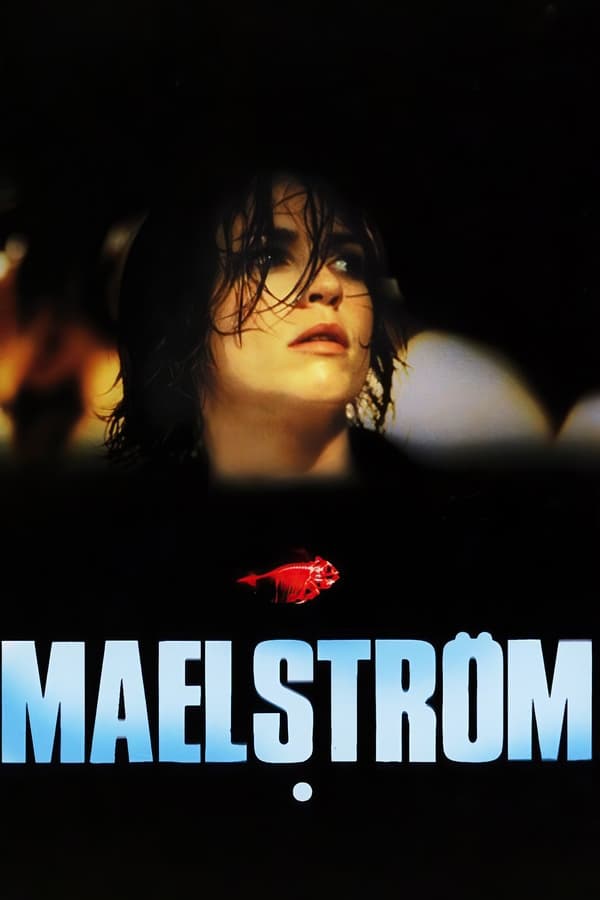IMDB
Wikipedia
Spoilers ho. I strongly recommend you watch this. Like, in general, but especially before you keep reading this.
What a f’in trip.
When I think of my go-tos for Quebec film, Un crabe dans la tête is always one that’s stuck with me for over a quarter-century, so diving back in in an effort to get more Canadian media in my diet, I looked up the director (André Turpin) and found his latest on Amazon Prime (gross, but I’ve already paid for it, and it’s where it’s streaming).
This is probably a work of genius. Or maybe it’s just really unnecessarily complicated. But I’m leaning more to the former than the latter; I can’t say I understood all of it, but it felt like there was a very solid and coherent vision underneath it. It doesn’t dive as wildly into the surreal as David Lynch, but is extravagant in its nonlinear approach to a story in a way that feels, like Lynch movies feel, like there’s something rock-solid in the mind behind the camera. Even if you struggle to keep up.
In essence — a girl, Simone, is traumatized by her mother’s murder, and concurrently becomes deeply emotionally damaged and also unstuck in time.
Even from the start, time loops — seemingly unimportant things said while sleep-talking become important later; time loops back on itself and then back again; characters transition from moment to moment in sometimes impossible ways.
But it never feels out of control, narratively — difficult to follow, sometimes; ultimately linear while also being unpinned.
One of the reasons Crab sticks with me is I think Turpin’s eye is unmatchable. The stop-motion time-lapse of the sun and the black bus off the top. An incidental sequence of reflections in a car window as the youngest version of our main character sleeps. Unbelievable amounts of dread packed into just a car alone in a parking garage with a tarped-up van barely in view. A three-quarter angle on an unremarkable office full of cubicles. I watch a lot of horror movies; Turpin can pull off more menace in an office building stairwell than I’ve seen in most top-tier horror movies in the past several years.
(One important note for English watchers — there’s a pretty pivotal stairwell scene, but if you don’t know that RC means “rez-de-chausée” [mezzanine], you might think it’s corporate branding or something — it’s not; no matter where she goes in the stairs, she keeps coming back to the same mezzanine door).
Equally impressive is the gradual derailing of a linear narrative; starting with the trauma, then hypnosis, ultimately time-jumps back, and forth, and back through Simone’s later life.
There is a lot I don’t fully understand, particularly in the back end of the middle third, when young-adult Simone is a… parking garage attendant? Working for… an industrial sewing concern? Visiting… uh… her choke-buddy cousin in the hospital, and he’s aged dramatically for no particular reason? Or is that her father? Is her sewing-concern boss the same actor as her mother’s killer? Hard to tell.
But while I have a real antipathy for “nothing is real” movies, this doesn’t feel like that. It’s unstuck, sure, but it feels real emotionally. Hard to keep up with, but tangible and coherent underneath all of its apparent unstuckiness.
My only complaint, really, is the insert / wrapper of some sort of presentation that feels like the kind of philosophy you come up with as an undergrad when you get really, really into pot in your third year. It’s a bit hand-holdy without being really helpful, and ultimately made me feel like Turpin wasn’t wholly confident in himself, or his audience.
On the whole, though, wow. Some frames that will be indelibly burned into my brain. A really fascinating exploration of trauma and memory. Crab and Endorphine, seem to be Turpin’s only movies, the latter having come out a full decade ago. Make more movies, dude. You’re good at this.
